Haruki Murakami was born in Kyoto, Japan in 1949. Won the new statue of the newcomer literature award with the debut "Listening to the Wind". Subsequent works continue to cover multiple types of novels, short stories, documentary literature, essays and other types. Among them, there are "Norwegian Forests", deep documentary "Underground", "1Q84" known as "Milestone of the New Millennium Japanese Literature", and "Assassination of the Cavaliers of the Knights", which talks about war reflection. The work is characterized by the concise style and rich interpretability. It has won many awards in the world and other world -wide awards such as the Tanazaki Runichiro Award, the Daily Publishing Cultural Award, the Kafka Award, and the Jerusalem Literature Award.
Murakami likes cats is almost well known. This is simply because he has liked cats since he was a child, and the height of life is accompanied by cats.
He commented on cats like this: "Cats are well versed in human anger and sorrow, showing human beings a cooler model that can always be zero forever."
Murakami not only allows cats to be active in his life, but also active in his text.
Someone asked Murakami Haruki: "Why can your work always make people feel warm?" Murakami replied, "Maybe, this should be attributed to the cat who accompanies me." One night, Haruki Murakami was walking near the residence, A kitten kept following him, chasing along the way, and finally followed up his house. Since then, Murakami Chunshu has gone further and further on the way of the "shit officer".
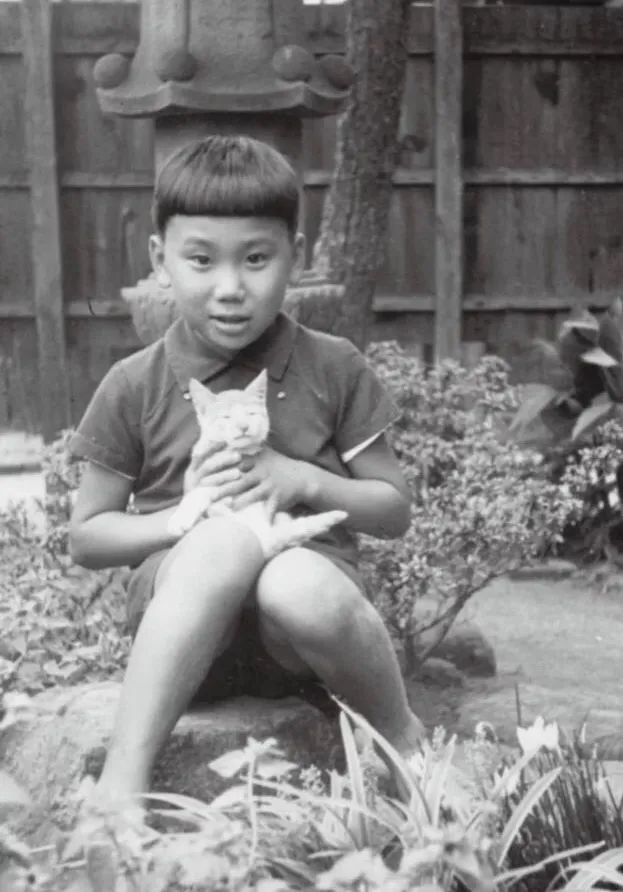
The 8 -year -old Murakami sat in his yard with a cat. A gray -white long -eared cat is not very large, holding his neck with his neck with his hands on his chest.
Murakami was in the essay "Give the Cat" and once said: I have raised a lot of cats, but never spent time to name the cat. A word suddenly floated into the brain, and it was named. If he was drinking beer at that time, it was named "Kirin"; the white cat -like white cat -like white cat was named "Seagull". Strictly think tediously. I don't like the chic name and elegant name, so I don't spend time. But in this case, it can't be the "game that eliminates the holiday"?
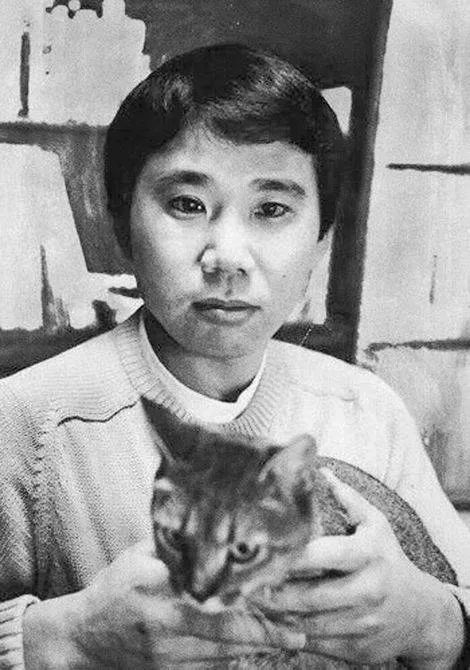
When he went to college, he lived in Sanying City and went home at night to see a kitten. The Murakami called it, it followed, chased, and followed the door of the house. Take it into the room and give it to eat, and the cat lives. One day listened to the radio, saying that the cats who were raised were disappeared not long ago, and the cat called Peter. There are both cats in the world, and cats who settled in with their fate. So he thought, "Come on, let Peter." It really cares about the way of name!
Peter lived in his house, letting himself flow, and it was not restrained. As a result, it became very wild and grew into a fierce male cat. It was hungry in the morning, and it even slammed the face of Murakami's face, which made it bloody. However, he was more fond of this cat and lived together for several years.

Before Murakami went to Europe to entrust the cat to the editor of the publisher, the condition was to exchange novels, and that novel was "Norwegian Forest". In "Norwegian Forest", there is a description of the records of the record store. In fact, it was based on the experience of opening a shop in the eastern suburbs of Toeng in 1974. And this record store is called "Old Peter", which is the name of an old cat raised by the couple in Murakami. "The Siamese cat I raised now is very weird. I can't produce without holding his paws. This cat immediately jumped to my knees when I started to pain. Move. The cat appeared in another work in Murakama, and the weak and rustic cat in "The Adventures of the Sheep" was full of "Peter" shadow.
Haruki Murakami also wrote this Siamese cat into his novel "Strange Bird Ring Record", "Good Days of Kang Watching Kangaroo" and "Furry". "The story of people and cats spread in every corner of love, like the fragrance of Chunyang, the warmth of Xia Yang, the quiet beauty of Qiuyang, and the tenderness of Dongyang. The whole heart will be empty. For me, raising cats and reading, just like my two hands, complement each other, weave a colorful life.
In the following years, there were as many as 15 cats raised in the house. Murakami wrote: "If you wake up one morning and find that the cat is gone, my whole heart will be empty. Raising cats and reading for me, just like my two hands, complement each other, weaving colorful life."
"Kafka on the Sea" published in 2002 is a "cat novel". In the book, Nakada will speak cats and find cats for people. In the world that is both realistic and unrealistic, people speak cats and cats.
Haruki Murakami essays "Cat's Cold and Wisdom"
Cats will not serve the people as wholeheartedly as dogs. If you have to apply the relationship between the service and the service, it is often serving cats, and cats always accept human services with peace of mind.
Cats are passionate and don't know how to return. No matter how humans love them, they are busy for their saddle. When they want to leave, they will not hesitate.
Of course, some people like the character of a cat -I am one of them.
Cats will also be coquettish. When they feel lonely, they climb up the owner's knee, or jump on the spreading newspaper, sitting at will, and charming. But they will never shake their tails and tongue like dogs to please humans.
Cat loves to sleep lazy, and when he is awake, he is also sleepy, so those lazy people are called "lazy cats". But cats don't mind how people evaluate themselves. They want to do whatever they want.

Tokyo underground railway
In the 1960s and 1970s of the wind and clouds, when the Vietnam War broke out, the hippie trend was flourishing, and the Music of the Beatles became popular all over the world. Large -scale anti -war learning waves occurred in Europe and the United States. People release the commotion youth in that confused era. At that time, Murakami Chunshu was bloody, and he was an angry literary youth. He escaped from school, rally, dating, and working. The rest of the time was soaked in the jazz bars in Kabukicho. He later wrote this experience into "Norwegian Forest".
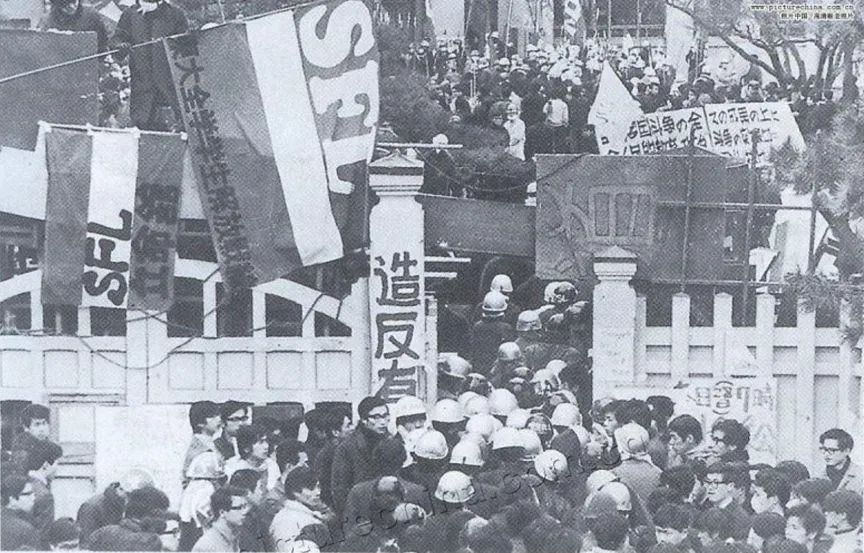
In the book, Green Junior High School graduates came to Tokyo to go to Tokyo and went to Tokyo. They happened to meet the political season of the student movement, and they also encountered a girl with a heartbeat girl. Watanabe hid into the music world while facing all kinds of real life. I am changing myself, my girlfriend is changing, and the surrounding environment is changing. Where will I go in the future? In the face of the loneliness of the individual, the helplessness of life disappears naturally causes many young people to resonate.
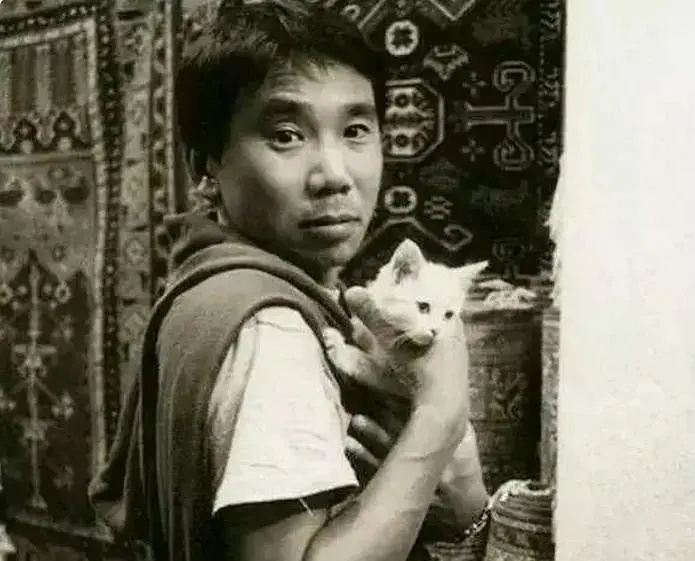
Murakami Murakami in his youth
I personally read his "Norwegian Forest" overnight when I went to college in the middle of 1990. I felt that the emotional ups and downs mysteriously had a good opinion of the lively and cheerful greens, and also started a journey of self -growth like the author. Because the influence of the "storm" at the time was still there, the afterglow of the idealism was still brilliant. "Norwegian Forest" and Milan Kundera's "Living elsewhere" was the "Bible" of the pillow of young college students. At that time, I had begun to write poems, and tried to write novels. I wanted to make my debut with "student writer". I had no choice but to write a weight novel because of her addiction to poetry.
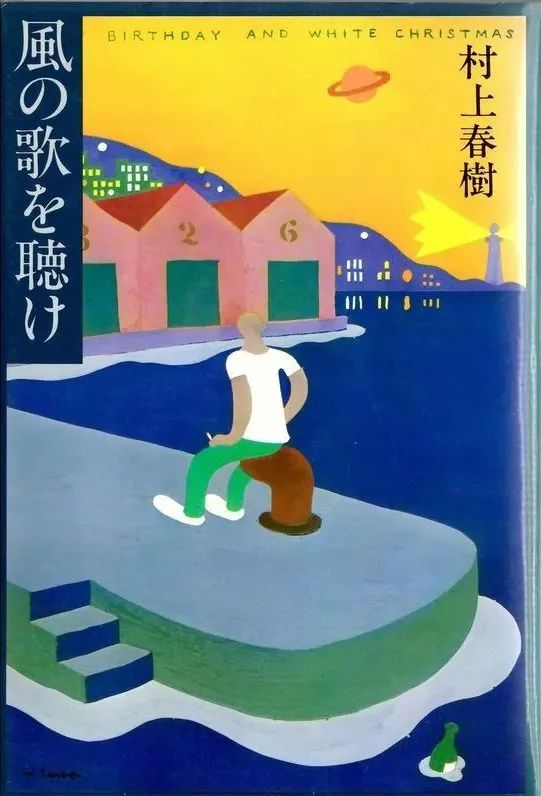
Murakami Haruki "and Listen to the Wind" Japanese version
